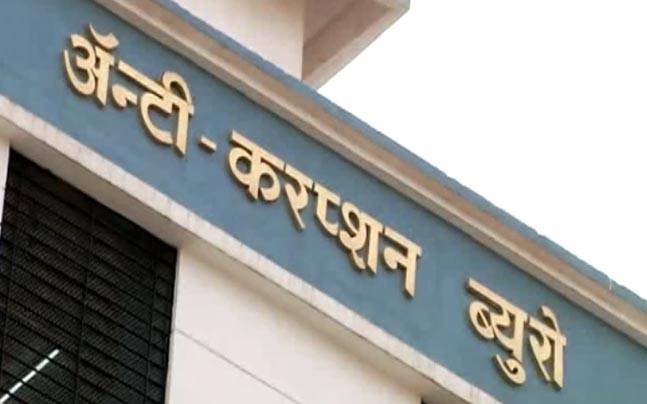Guv amends two laws; directs for immediate setting up of new Police Stns
Police Deptt asked to provide required manpower
Mohinder Verma
JAMMU, Oct 26: Governor Satya Pal Malik today amended Jammu and Kashmir Prevention of Corruption Act, 2006 and Jammu and Kashmir State Vigilance Commission Act, 2011 and formally established Anti-Corruption Bureau in the State to do away with the shortcomings and multiplicity of roles in the existing anti-corruption mechanism and to effectively handle the menace.
On October 24, 2018, the State Administrative Council (SAC) had accorded nod to the setting up of first ever Anti-Corruption Bureau in the State to tackle and eradicate corruption in more effective and meaningful manner.
Today, Governor amended Jammu and Kashmir Prevention of Corruption Act, 2006 and issued SRO-486 in exercise of powers conferred by Sub-Section 1 of Section 10 of the Act thereby formally establishing the Anti-Corruption Bureau for investigation of offences under the Act.
Similarly, Governor has amended Jammu and Kashmir State Vigilance Commission Act, 2011 in exercise of the powers vested under Proclamation No.P-1/18 of 2018 dated June 20, 2018. The amended Act has come into force immediately. With the amendments in both these Acts, State Vigilance Organization has been rechristened as Anti Corruption Bureau.
It has been mentioned in the State Vigilance Commission (Amendment) Act, 2018 that during the continuation of Proclamation under Section 82 of the Constitution of Jammu and Kashmir or under Article 356 of the Constitution of India, as applicable to State of Jammu and Kashmir, the Chief Vigilance Commissioners and Vigilance Commissioners shall be appointed on the recommendations of a committee comprising of Advisors to the Governor (not more than three) to be nominated by the Governor, one of whom shall be nominated as Chairperson of the committee. Chief Secretary shall be the Member Secretary of the committee.
It has also been mentioned in the amended Act that powers to exercise superintendence over the functioning of Anti-Corruption Bureau or giving direction to it shall be exercised by the State Vigilance Commission in such a manner as may be prescribed. Moreover, the Anti-Corruption Bureau will submit reports to the State Vigilance Commission.
With the amendments in J&K Prevention of Corruption Act and Jammu and Kashmir State Vigilance Commission Act the J&K’s first ever Anti-Corruption Bureau has been made operational from today.
According to the sources, Governor has also issued directions for immediate setting up of six new Police Stations under Anti-Corruption Bureau unlike State Vigilance Organization which had only two Police Stations one each at Jammu and Srinagar.
Police Department has also been asked to make available sufficient manpower required to ensure smooth functioning of not only six new but existing two Police Stations also so that Anti-Corruption Bureau doesn’t meet the fate of State Vigilance Organization, which was working with one-third of the sanctioned manpower during the past several years despite sharp rise in the work load.
“The rules governing the manpower at the disposal of Anti-Corruption Bureau will be the same which are presently in vogue for the State Vigilance Organization and State Vigilance Commission and will be amended at later stage”, sources informed, adding “directions have also been issued for creation of infrastructure for six new Police Stations in a time bound manner”.
Each new Police Station will have jurisdiction over Udhampur-Reasi districts, Rajouri-Poonch districts, Doda-Kishtwar-Ramban districts, Anantnag-Pulwama-Kulgam-Shopian districts, Baramulla-Kupwara-Bandipora-Ganderbal districts. The existing Police Station of Jammu will have jurisdiction over Jammu-Samba-Kathua districts while as the Police Station of Srinagar will have jurisdiction over Srinagar-Budgam-Leh-Kargil districts.
The establishment of Anti-Corruption Bureau is among several initiatives of the Governor’s administration aimed at improving governance. The other initiatives are public grievance redressal cells and monitoring of mega projects and flagship schemes.
It is pertinent to mention here that under the existing set up, Governor’s administration has noticed many shortcomings which hamper the effective implementation of provisions of anti-corruption laws.


